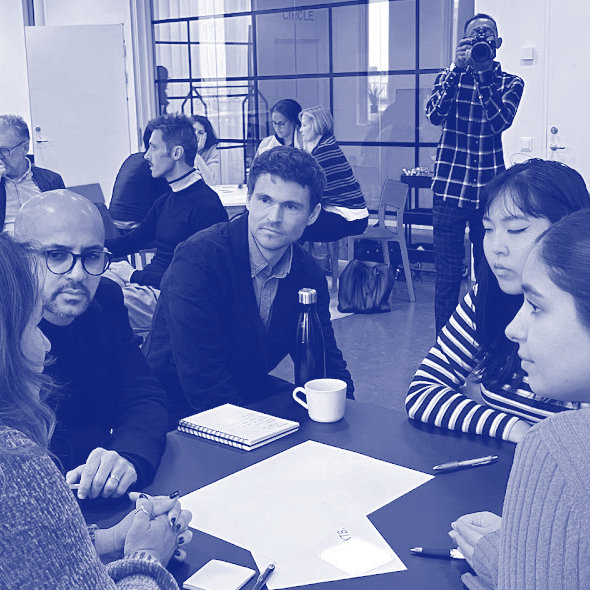
Collaboration
The Urban Academy Project:
Is Lack Of Diversity In Architecture A Myth?
In December 2022, International Architects Sweden (IAS) was invited by Malmöstad (Malmö’s municipality) and TiF to participate in the Urban Academy project.
Urban Academy, workshop with various sample groups; Students, academics, professionals and the municipality.Image courtesy of TiF.
Since the start of IAS in 2020, the platform has better understood the architecture industry in Sweden and some of the challenges that foreign architects face.
To name a few, the unemployment gap between foreign architects and local architects, language barriers, limited to no requirements for continued professional development, lack of support by employers and so on.
We are aware that internationality and diversity are not the same thing, however, we do believe that one informs the other. We often ask the question: how international does the Swedish architecture industry want to be?
We are aware that internationality and diversity are not the same thing, however we do believe that one informs the other.
Given the small scale of the market here in comparison to the rest of the world, the importance of social sustainability and integration, the underrepresentation of minority groups, and the occasional pressure by the Swedish public or politicians to deliver design solutions that are deemed ‘aesthetically pleasing’ (ie. classical architecture) to counteract the poorly executed new built “modern” architecture, an international and diverse industry seems necessary to ensure we can respond to some of these contemporary issues.
Projects such as the Urban Academy therefore play an important role in unveiling quantifiable data.
One of Malmöstad's urban development goals is to counteract segregation and to build the city as a whole. In order to achieve this Malmöstad believes the architecture industry needs to reflect Malmö's demographics. The Urban Academy project is a step towards this goal.
IAS considers this project an encouraging and positive step towards understanding the benefits of diversity for the architecture industry in Malmö and Sweden. We are grateful to be part of the process and hope our contributions will lead to a greater representation of ‘internationality’ within the industry.
The project aims to create an evidence-based model that will inform a pilot project. In this context, representation is about a wide range of groups that are currently underrepresented in terms of gender, ethnicity, disability, sexual orientation or socioeconomics.
The Urban Academy project aims to create an evidence-based model that will inform a pilot project.
Written by Fatima Grand on behalf of International Architects Sweden.
Read More
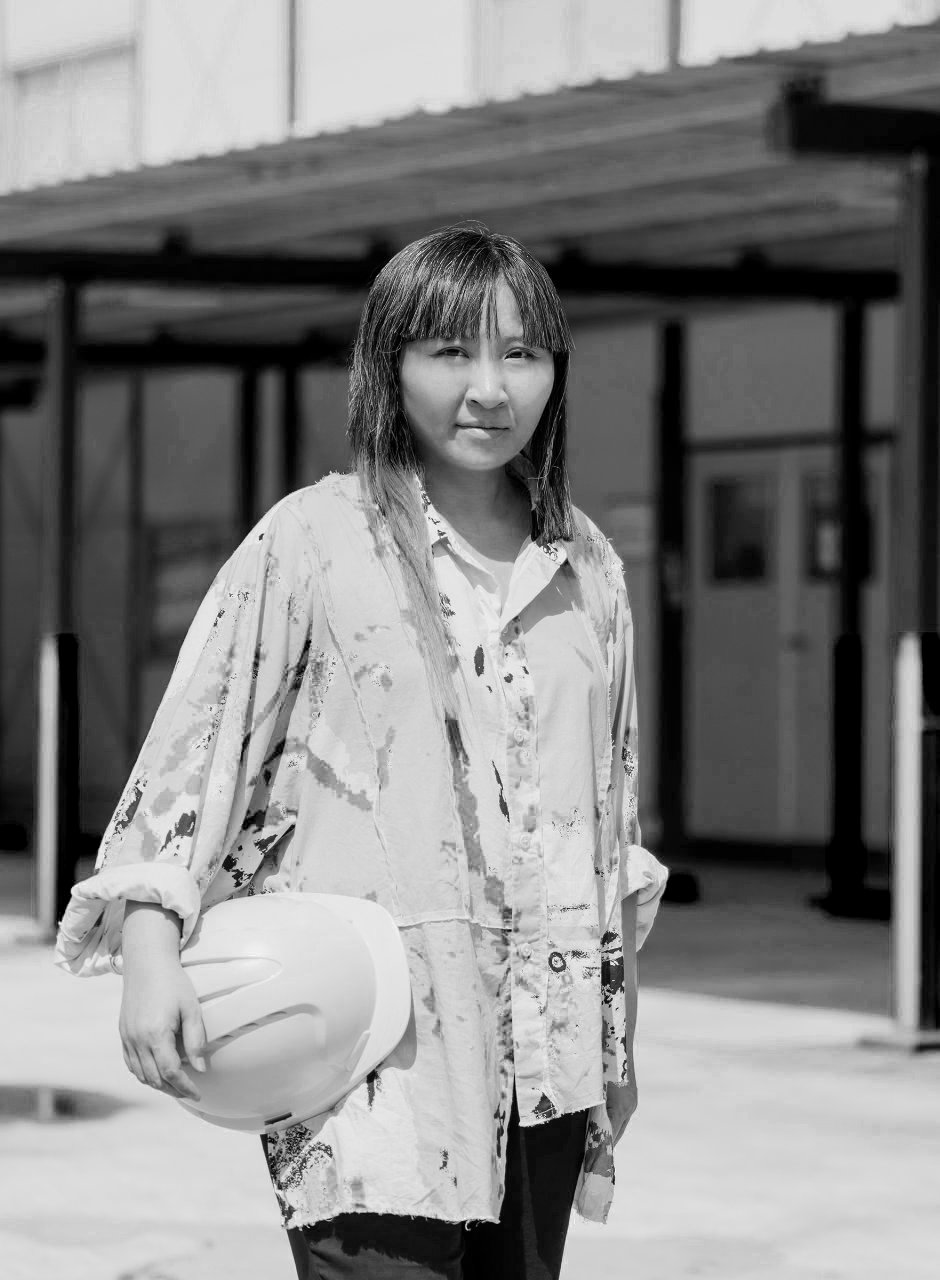
Vivien Leong || SingaporeGlobal Dialogues
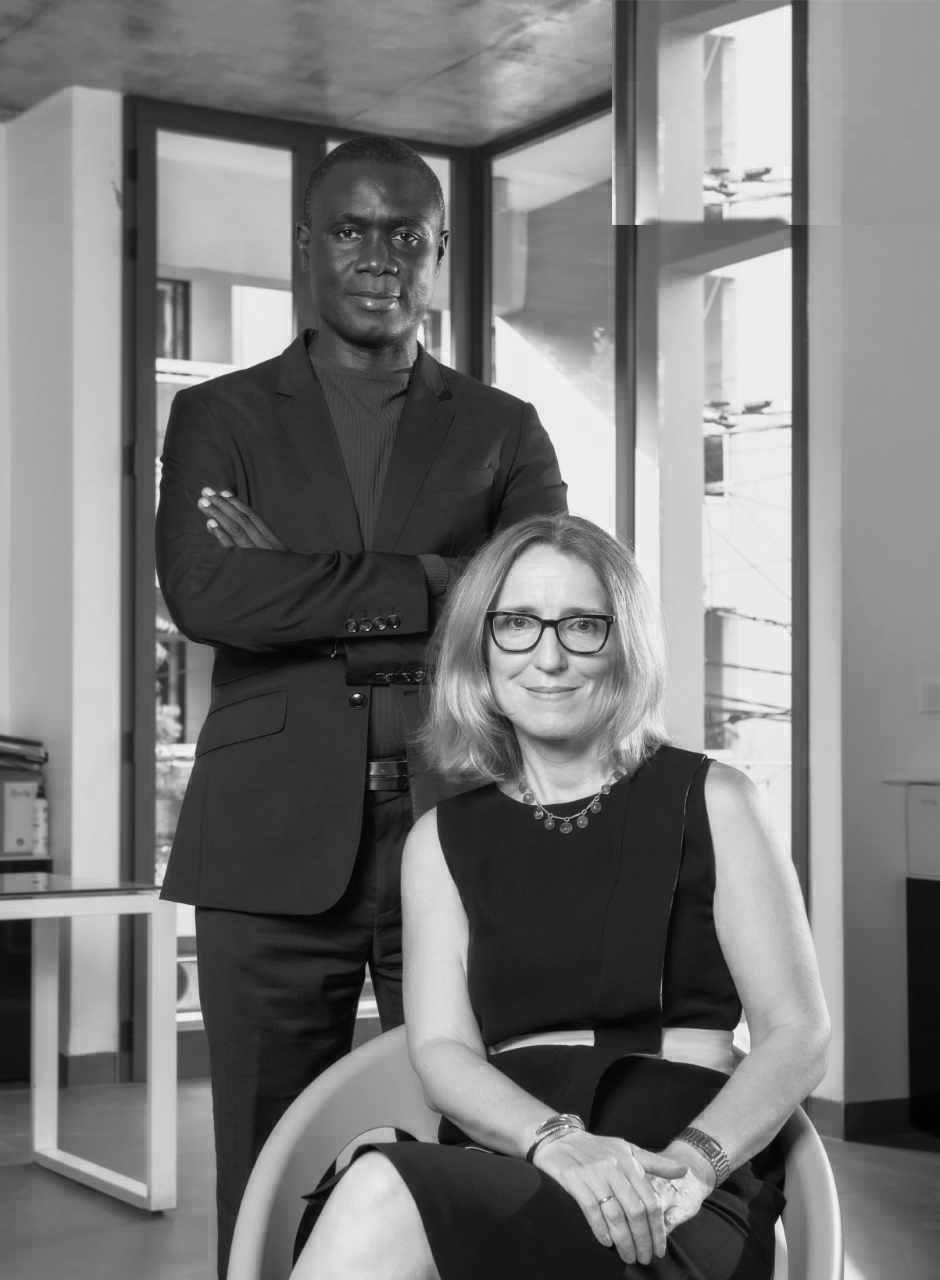
SENE STUDIO|| SenegalInterview
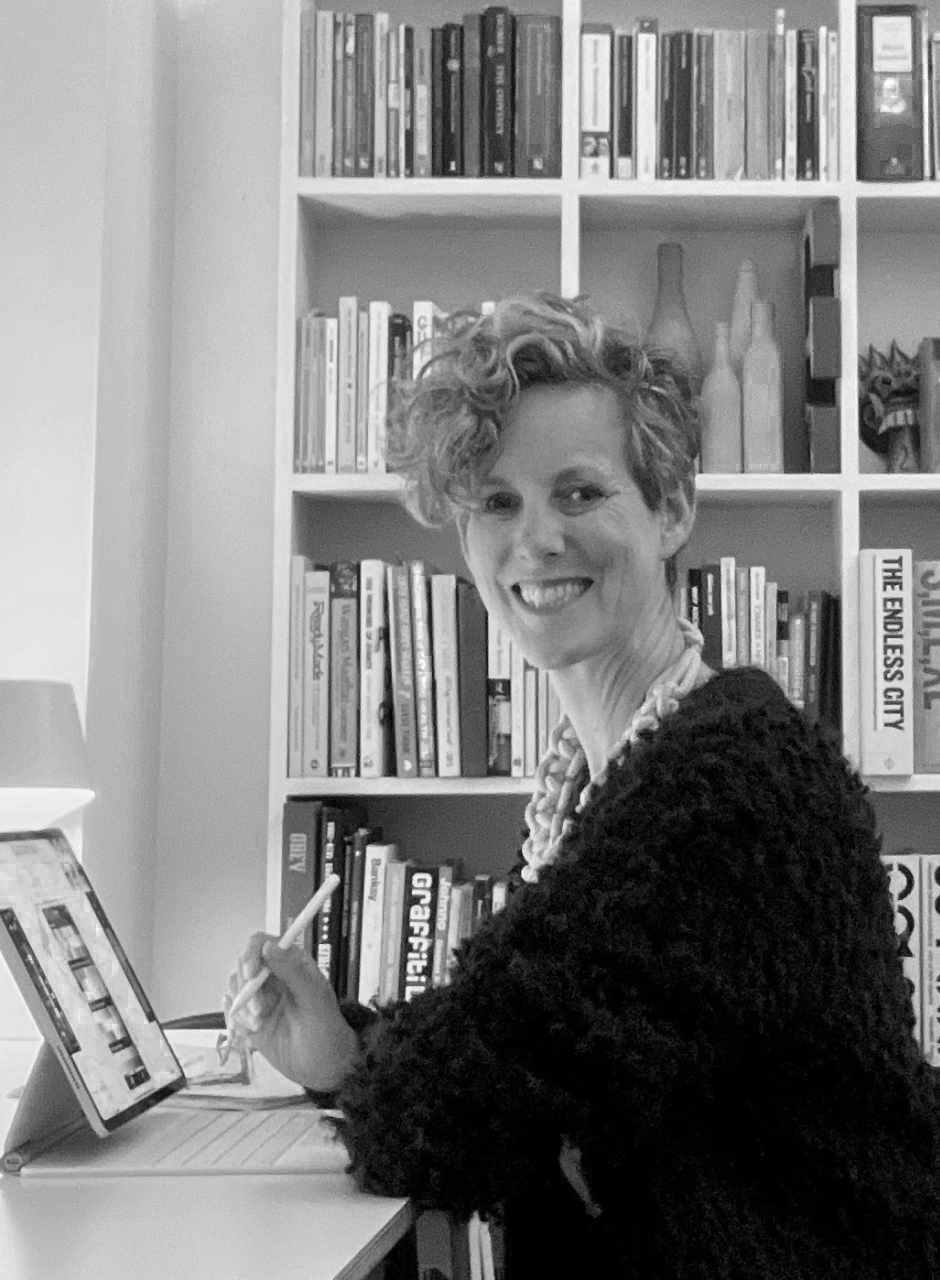
Angela Dapper|| AustraliaGlobal Dialogues
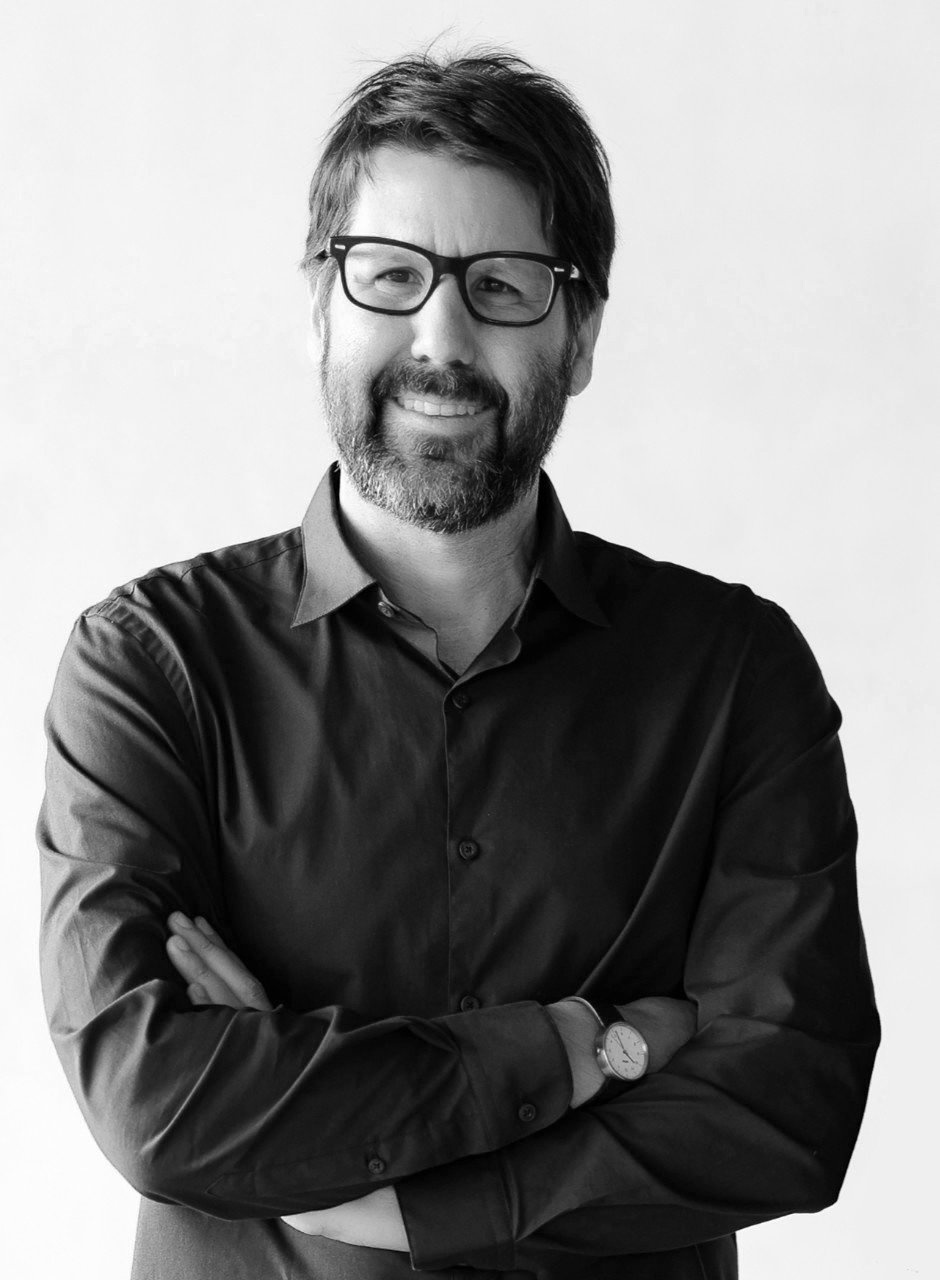
Bruno Campos|| BrazilGlobal Dialogues
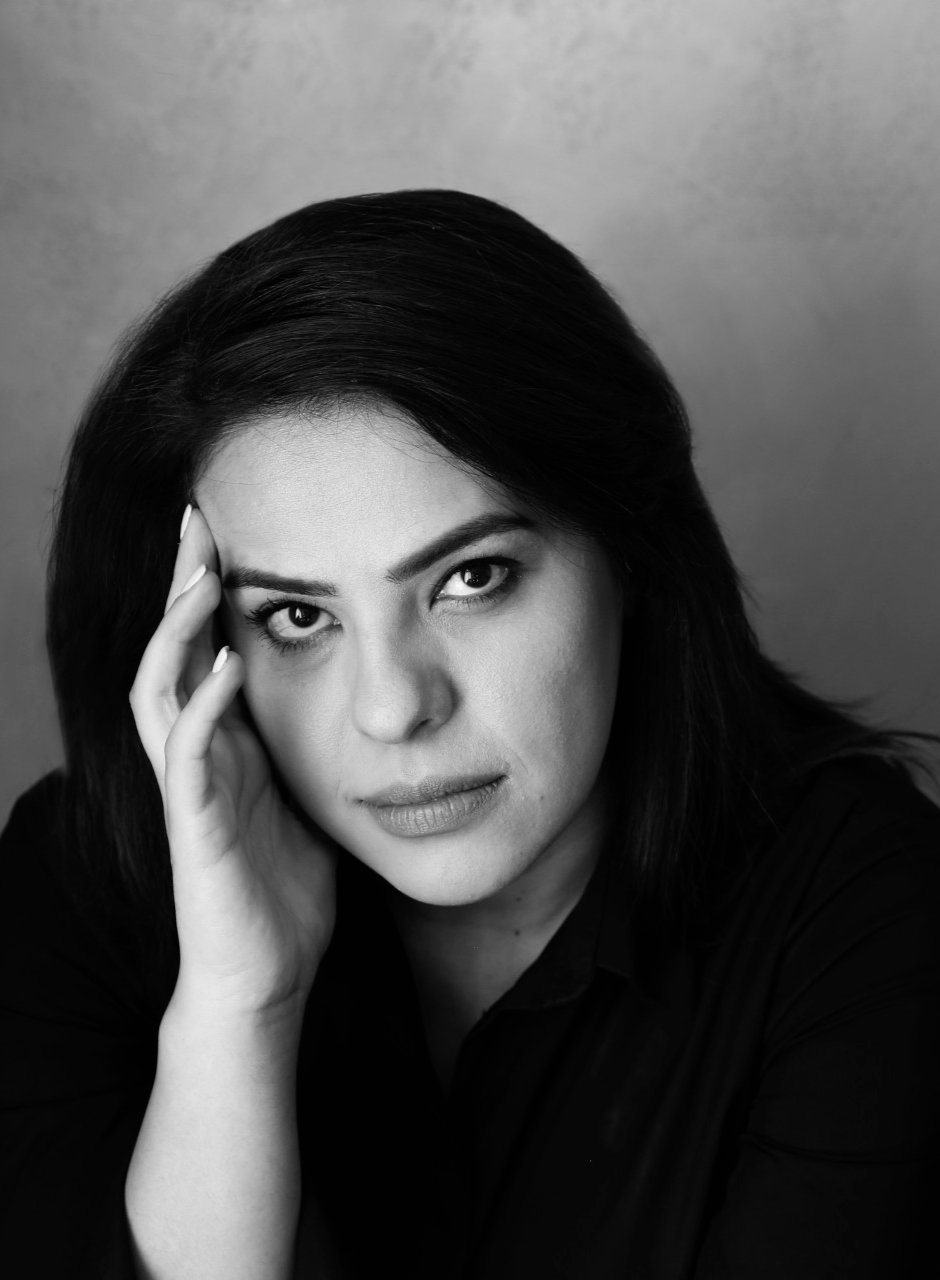
Habibeh Madjdabadi || IranGlobal Dialogues
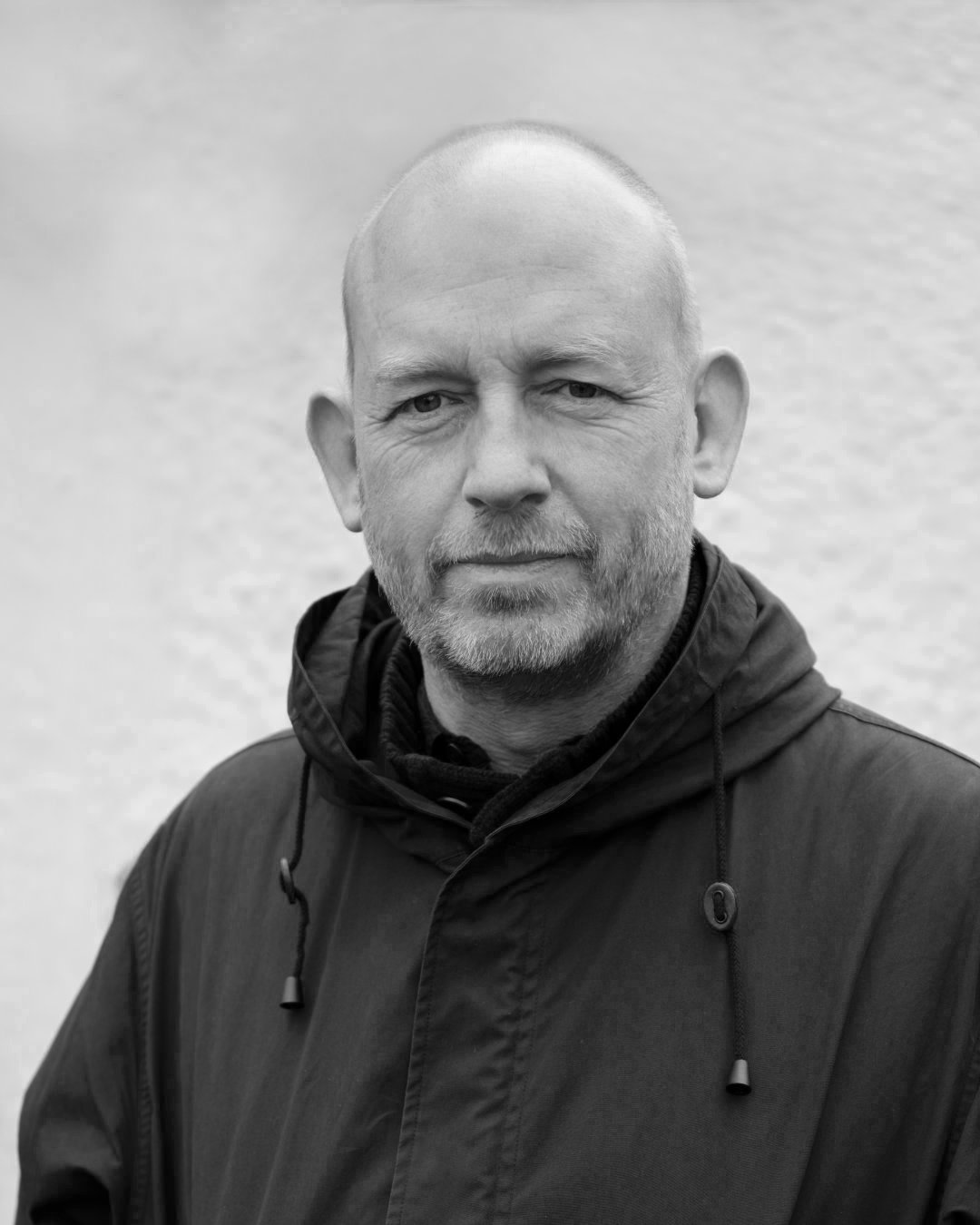
Jake Ford|| SwedenGlobal Dialogues

Pascale Sablan|| USAGlobal Dialogues
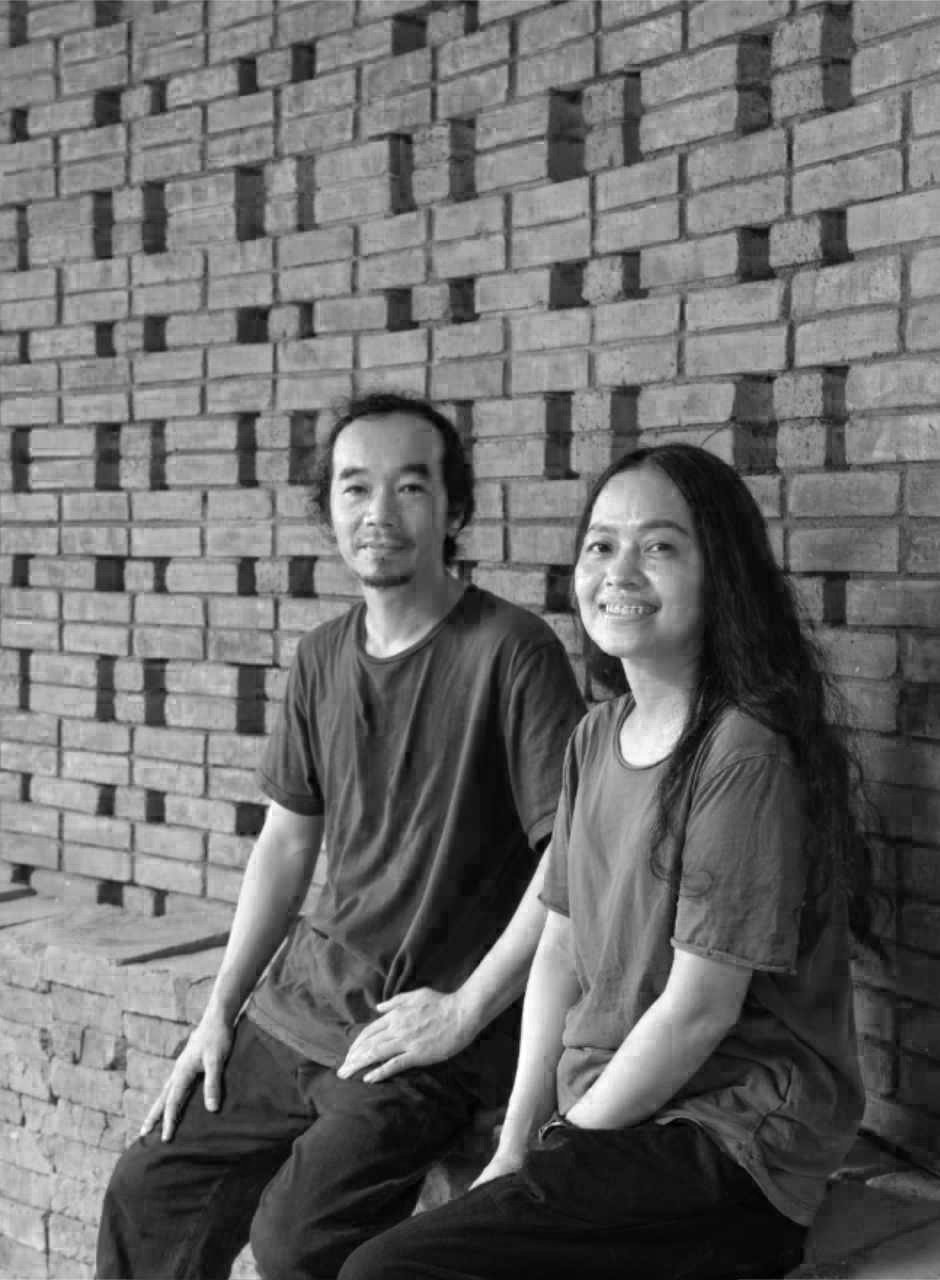
Tropical Space|| VietnamGlobal Dialogues
